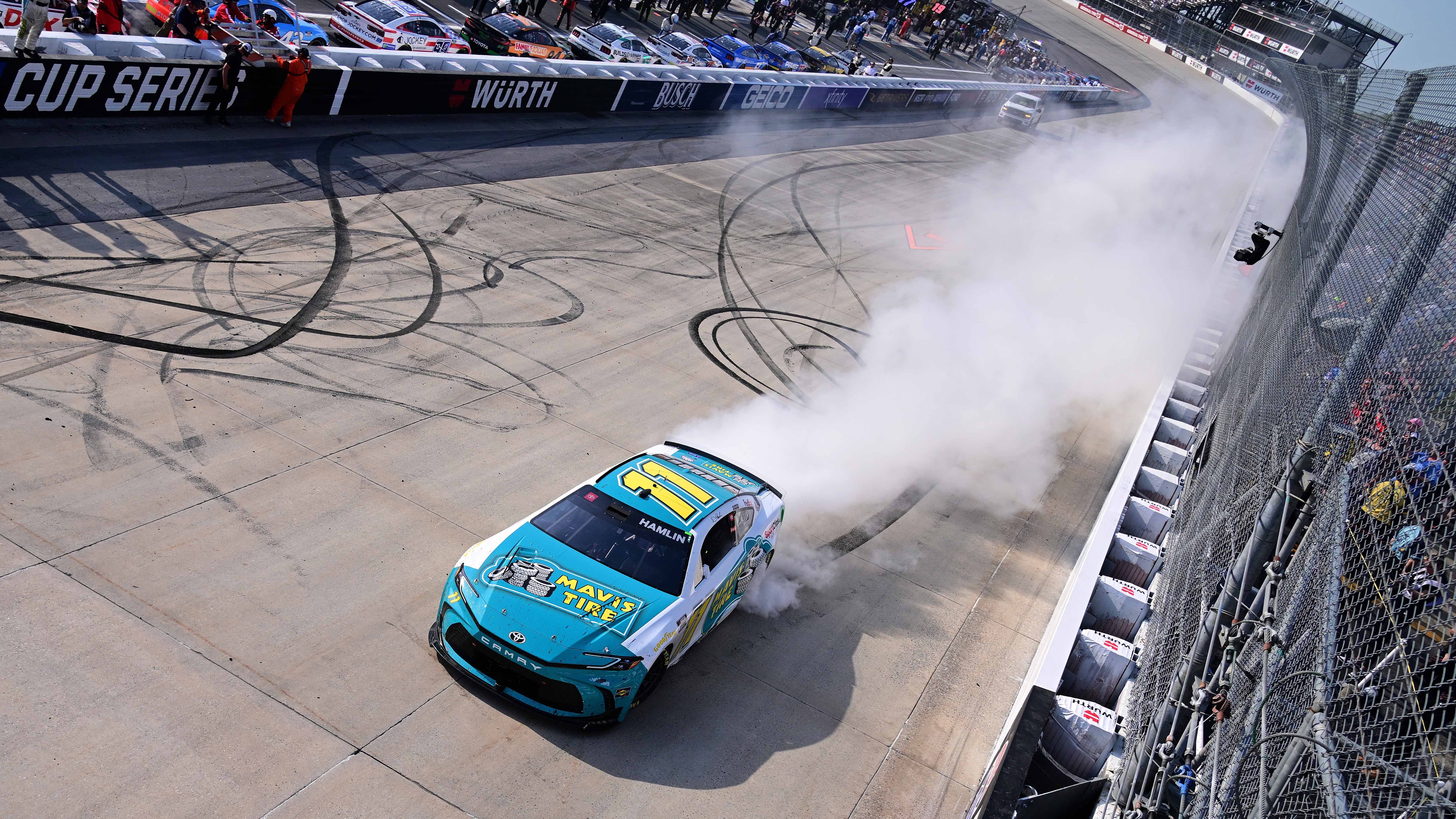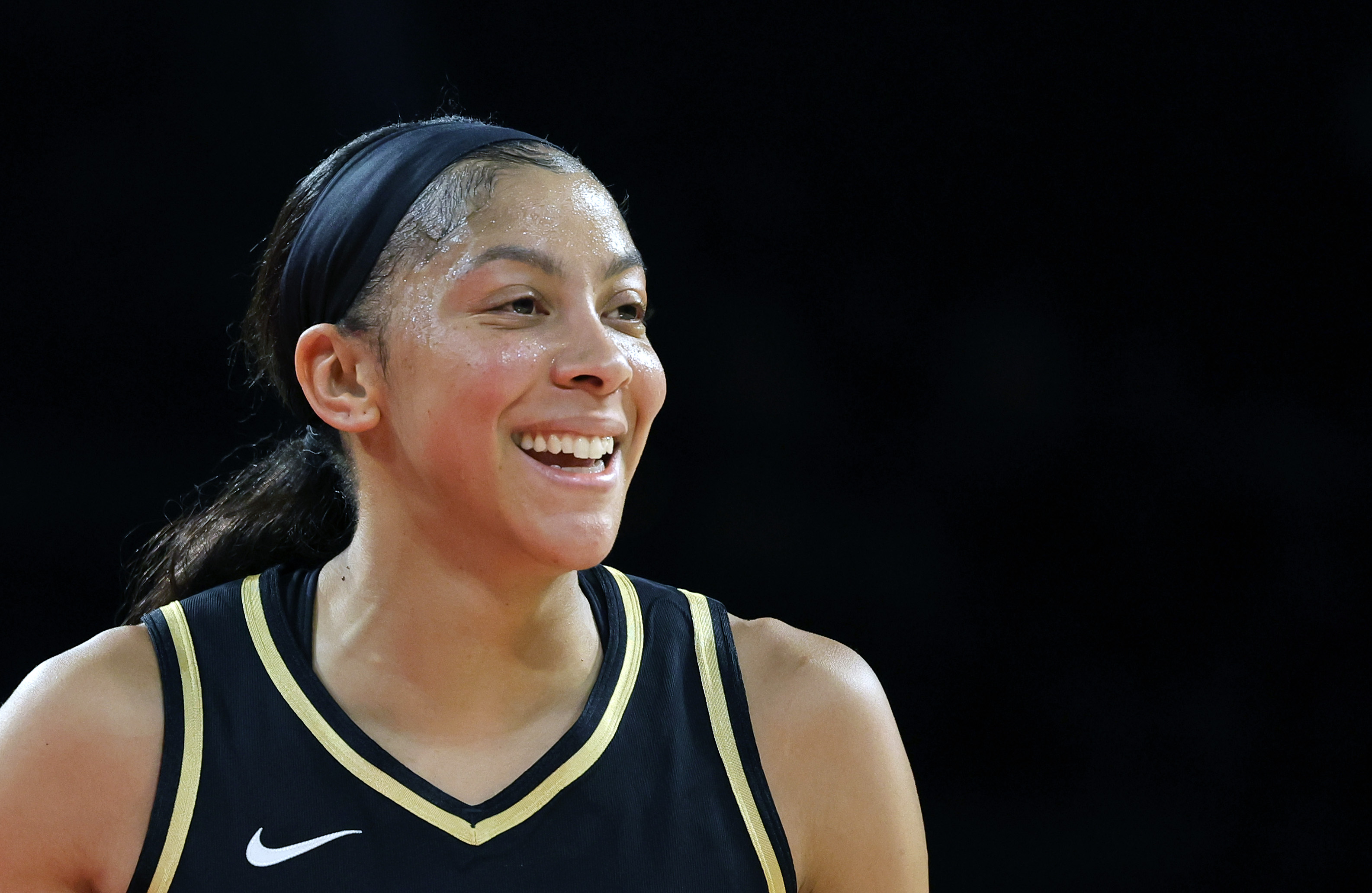
Jason McLeod checked into his new office at Clark and Waveland on Opening Day, knowing that he wouldnt be back for almost two months.
McLeod was on the clock, and planned to use his San Diego home as a temporary base while scouting the country. His job is to see the future, and envision what a 17-year-old high school kid might look like at the age of 27.
When Theo Epstein introduced McLeod and general manager Jed Hoyer at a stadium club news conference last November, the Cubs president delivered a line that still sticks in your head.
Stay in the game with the latest updates on your beloved Chicago sports teams! Sign up here for our All Access Daily newsletter.
Jason McLeod is the rarest commodity in the industry, Epstein said. He is an impact evaluator of baseball talent.
At the podium that day, the new Cubs senior vice president of scouting and player development sat next to Epstein, literally his right-hand man.
McLeod was a lead architect of the pipeline that brought Dustin Pedroia, Jacoby Ellsbury, Clay Buchholz and Daniel Bard to Fenway Park. This is his time of year, what he calls our Super Bowl.
The Cubs entered Day 3 of their pre-draft meetings on Wednesday. They hold the sixth overall pickand four of the first 67 selectionsin the amateur draft that begins June 4. They have to get it right.
News
McLeod sees a draft thats rich in high school talent, particularly on the pitching side. The college class features some pitching depth, but is viewed as weak in terms of position players.
The Cubs will have to target pitching, because its the organizations biggest need. Team officials believe that you need power arms to get to the playoffs, and that they tend to show up more in the postseason. But you cant force it.
Its just straight impact, McLeod said. When we look up two, three, four years down the road, whos going to make the most significant difference on this organization? Thats the priority all the time.
The Cubs expect around 40 prospects to come through Chicago for final inspections, some local college players and some who might go first round.
Its not so much for the evaluation on-field, McLeod said. Its more to sit down and really look them in the face and ask some pretty pointed questions.
McLeod and Epstein did this years ago with the Boston Red Sox. On some level, its like the intense interview process that got Dale Sveum the managers job, where they want to see how you react and how you think things through.
The Cubs are going through thick binders filled with scouting reports on performance, personal background checks and medical records. This year they also gave their scouts cameras to create a video library.
Even Sveum has become another set of eyes and watched some video on certain prospects, to break down their swing mechanics and see what will play on the next level. Its all about information, which has been organized in the new Bloomberg computer system.
Back in spring training, when a reporter wondered where you can really make a differenceEveryone talks to the coach and the parents, right?Epstein fired right back.
Do you talk to the equipment manager? Epstein said. Do you talk to the guidance counselor? Do you dig deep enough to find out when the kid has struggled and (faced) adversity? What (has been) his biggest failure? How (has) he bounced back from that failure?
Theres a lot of different ways to do it. Do you have a psychologist interview the kid? Do you have him take an objective test? Do you log your entire relationship with the kid, every bit of information that you get, so everyone in the draft room can share it and gain the insight?
The Cubs will have to exploit that advantage, because they cant just write checks to players who are perceived to be difficult to sign. The new collective bargaining agreement created a cap-and-tax system that assigns an aggregate signing bonus pool to each team.
Baseball America reported that the Cubs will draw from a pool of almost 8 million. One source suggested that it wouldnt have been unrealistic to think the Cubs would have spent three or four times that amount without those restrictions.
Id be lying if I didnt say everyones looking at: Is there a loophole in there somewhere? McLeod said. But really were not focusing too much of our attention to it. The CBA is what it is.
Were just trying to line up the board to get the best players we possibly can.
Epstein has compared his ideal vision of a front office to a think tank or a boiler room that argues everything out to reach a consensus.
There are around 20 staffers in the Chicago draft room now. A leading voice will be amateur scouting director Tim Wilken, a holdover from the Jim Hendry administration who once helped the Toronto Blue Jays draft Roy Halladay and Chris Carpenter.
The one thing I like to tell everyone is: Lets check our egos at the door, McLeod said. Tim Wilkens one of the most respected scouts, probably of all-time. Im going to disagree with him, even though he has 30-plus years of experience. Hell disagree with me.
Everyone should have disagreements. Thats how we feel we get the most information out of the players were talking about.
Who has the authority to make the final call?
Theo, McLeod said with a smile. Hes our boss. He trusts us to do our job, and ultimately I think Theos going to go with our recommendation.


